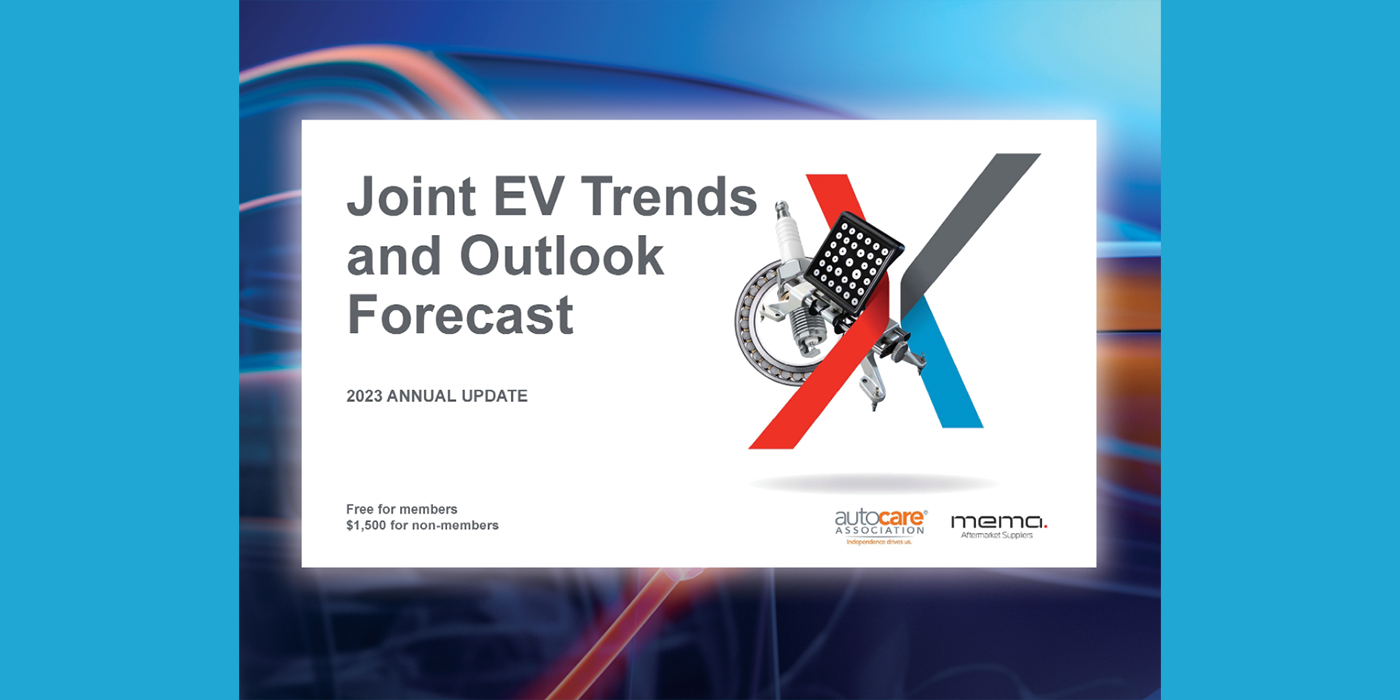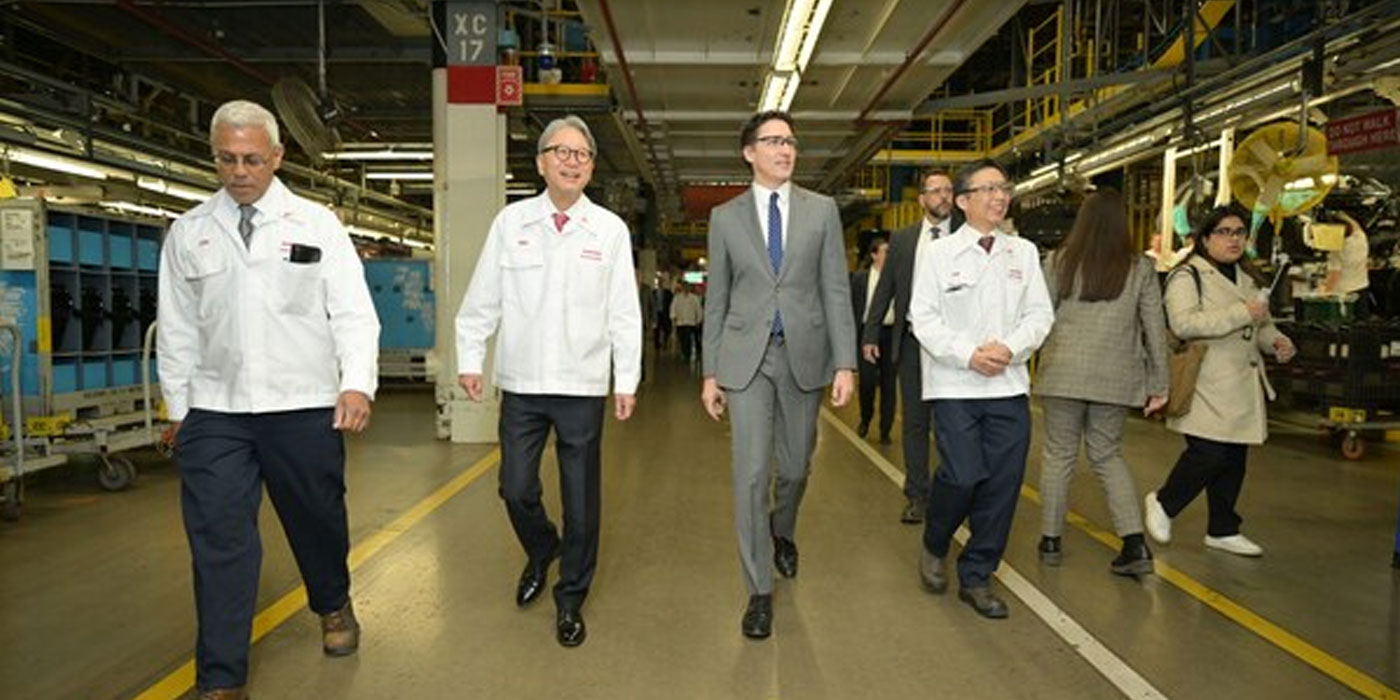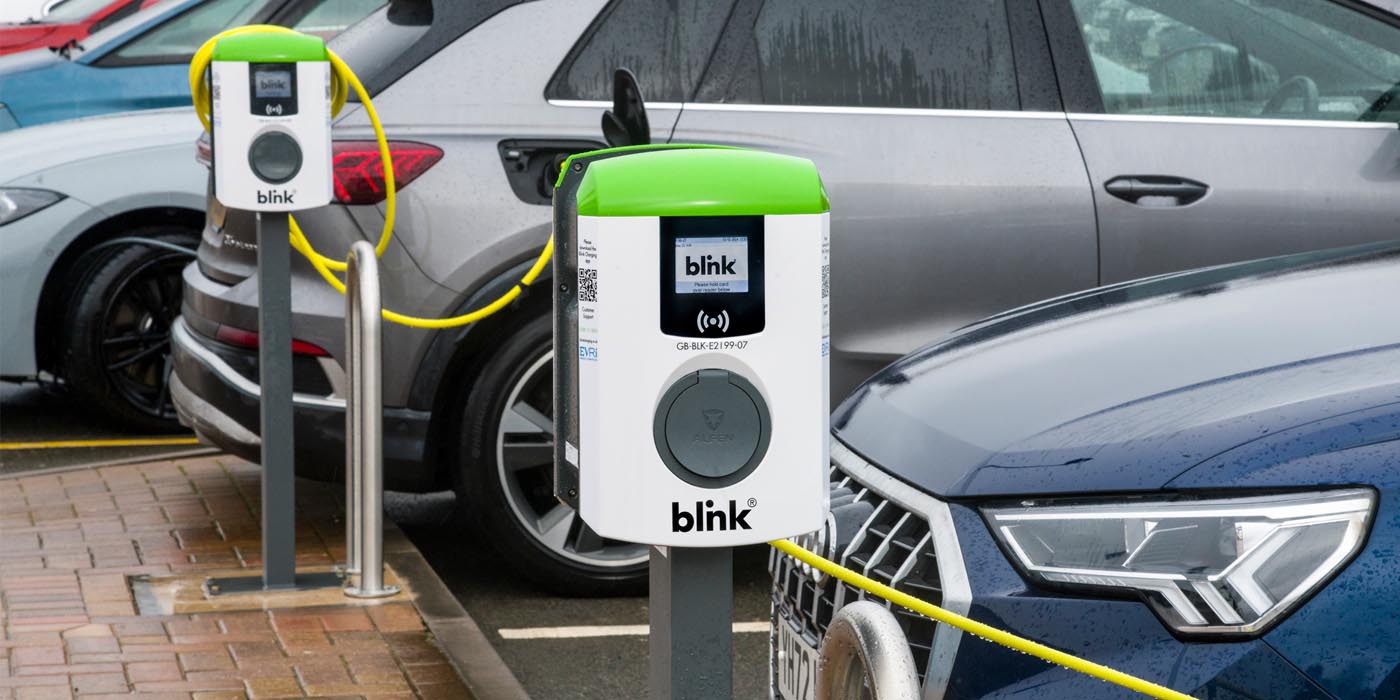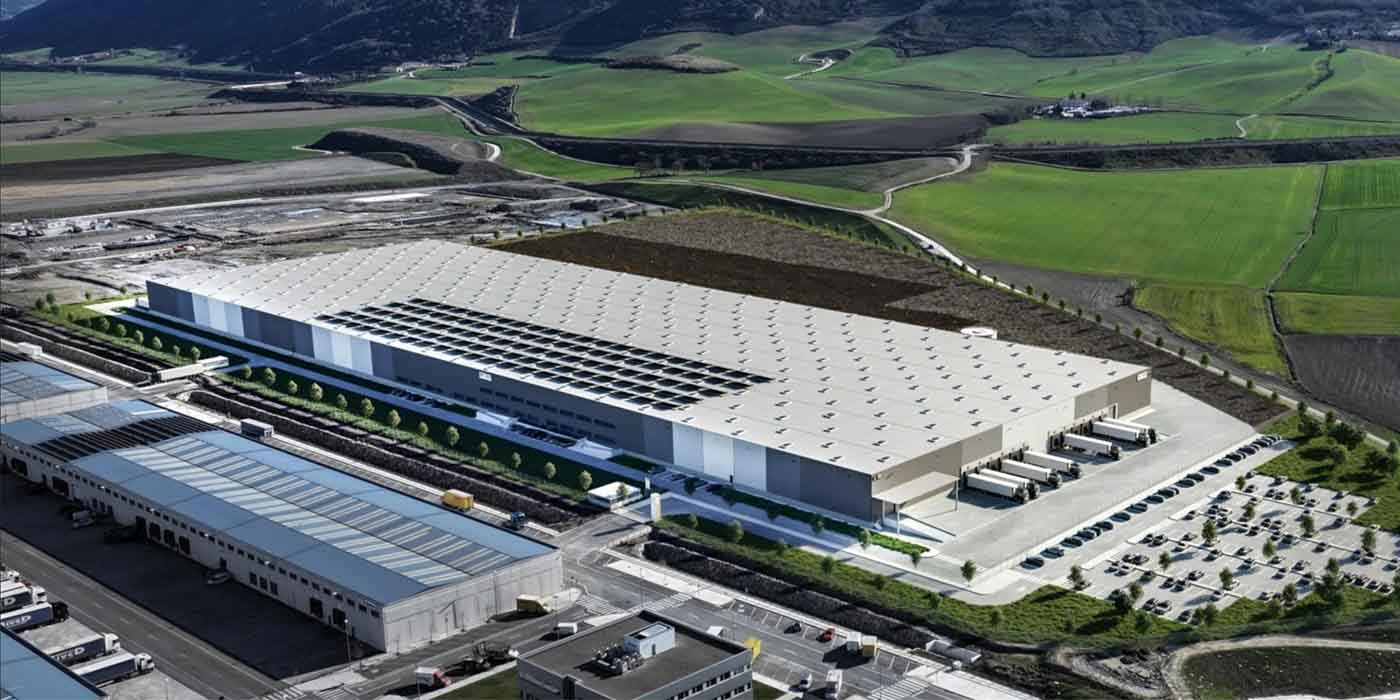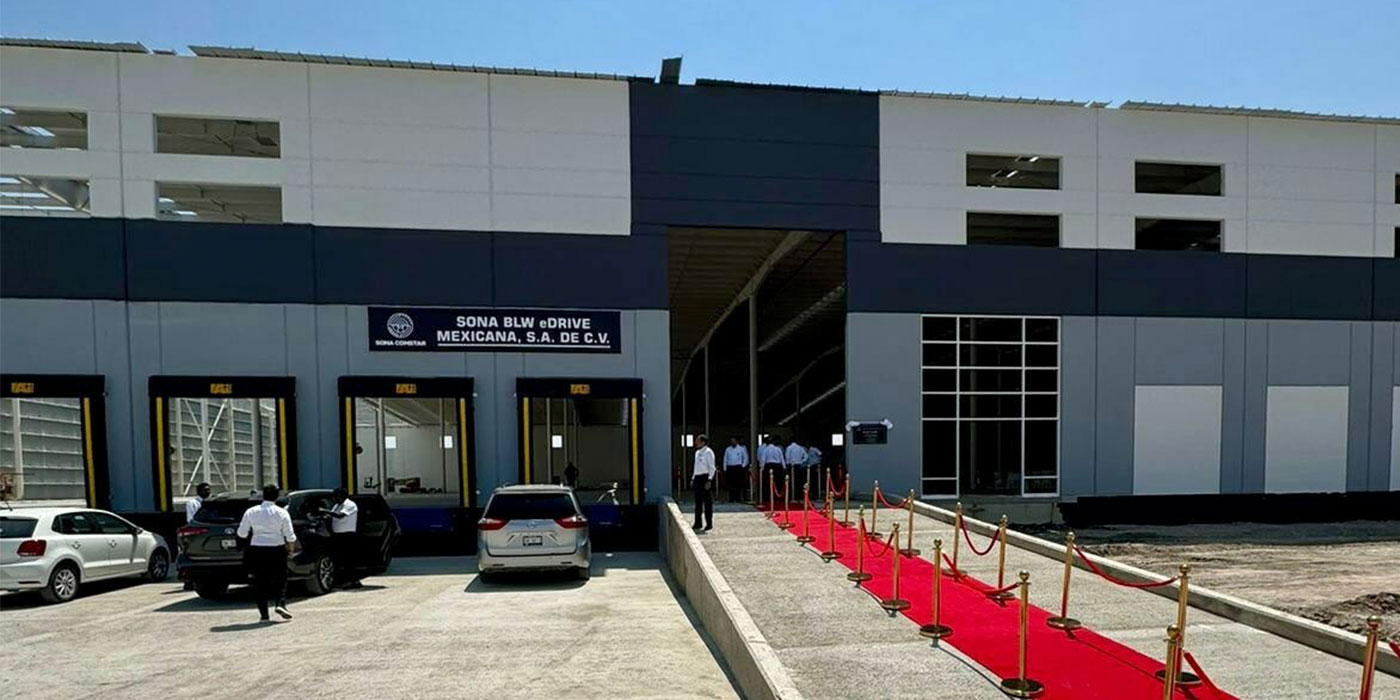Battery electric vehicles (BEVs) are the most promising zero-emission vehicle technology, as they continue to show strong growth within the automotive sector. However, BEVs remain more expensive to build compared to incumbent internal combustion engine vehicles, according to Lux Research, a leading provider of tech-enabled research and advisory services for technology innovation.
Falling prices, improving performance and government regulations are pushing the automotive industry toward electrification. In Lux’s new report “Future Energy for Mobility: The True Costs of Electric Vehicles,” leading industry experts analyze the total cost of electric powertrains, including scenarios for advanced powertrain technologies.
“Electrification of the automotive industry is no longer a question of ‘if’ but rather ‘how fast’,” said Chris Robinson, research director at Lux and lead author of the report. “The push for electrification is due primarily to two factors – technology improvements and regulations. Because of this, automakers have cumulatively committed to investing hundreds of billions of dollars to design, build, and sell BEVs.”
The new report proposes three ways companies can reduce costs. Batteries remain the most expensive component of an electric vehicle, but this analysis shows they aren’t the only tech that can make BEVs more profitable. Cell-to-pack construction reduces costs the most today, which enables the use of lower-cost cells and simplified pack constructions. Furthermore, a combination of improved motor and inverter efficiencies, cheaper solid-state batteries, and cell-to-pack construction results in the most significant cost reduction – bringing the price of a 75 kWh electric vehicle from $12,700today to below $7,000 by 2040.
“Powertrain components aren’t the only source of cost reduction, as new vehicle assembly techniques and financing models can further reduce costs,” notes Robinson. “Structural batteries are currently the most promising next-generation vehicle design, but it is worth noting increasing momentum behind battery swapping, which may reduce costs through smaller battery packs.”
As automakers push to make profitable electric vehicles built on dedicated platforms and also face plateauing battery prices, we expect a greater emphasis on battery pack and vehicle designs that extract the maximum range from the battery.
For more information about this research, download your copy of the executive summary.



